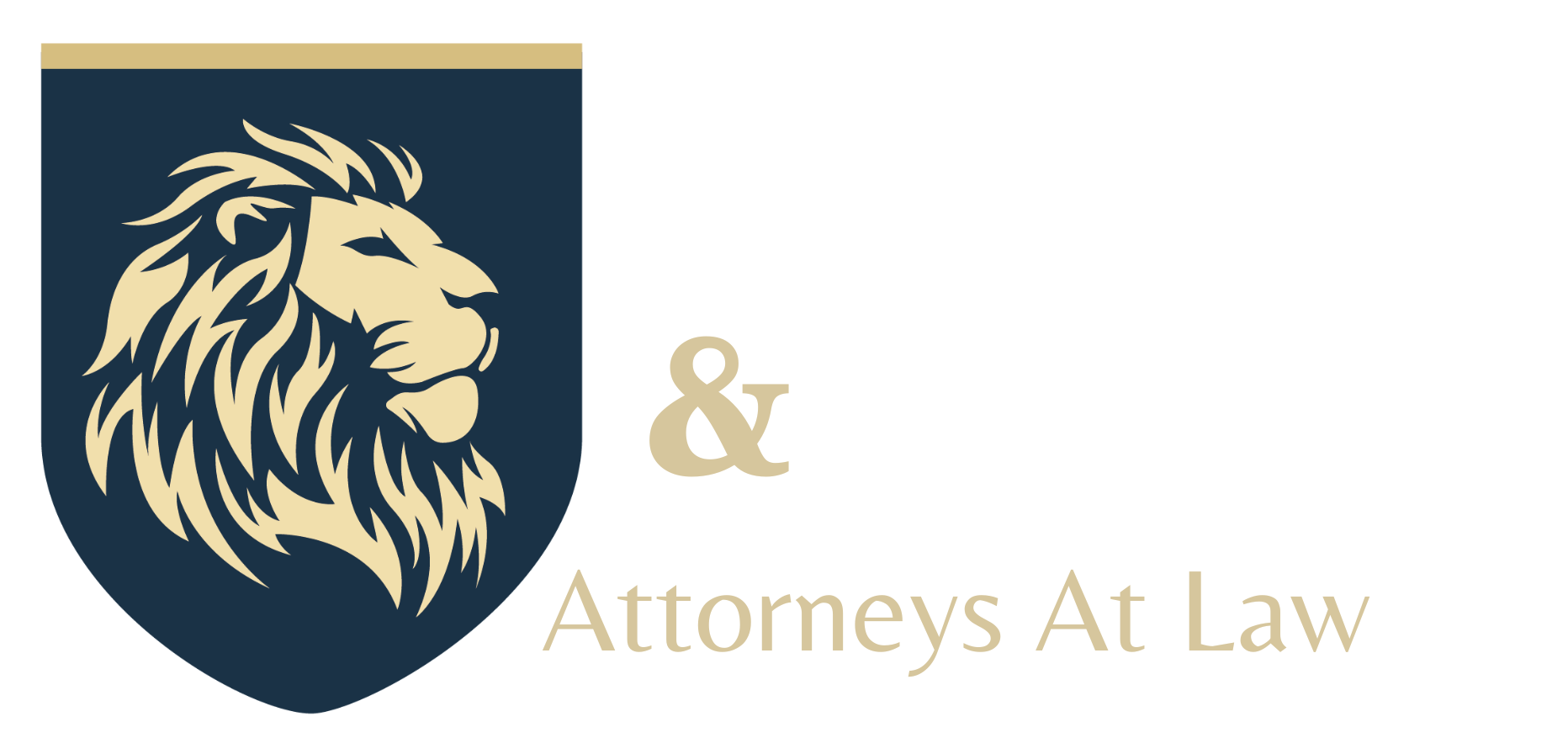
Balancing Act: What Matters Most to You?
When people begin getting their affairs in order through the creation of an estate plan, they often face a delicate balancing act between saving on income and estate taxes, protecting their hard-earned savings from their ultimate beneficiaries’ creditors, and providing maximum benefit to their loved ones. Finding the right balance requires careful consideration of the different legal and financial tools available to help you fulfill the vision of your estate plan.
Saving on Income and Estate Taxes
Income and estate taxes can be significant expenses for individuals and their beneficiaries, potentially reducing the amount of money and property that you can pass on to your loved ones. To save on estate taxes, you can consider several strategies, including gifting money and property to your loved ones or creating trusts for their benefit. Alternatively, utilizing tax-advantaged investment accounts can be beneficial for income tax savings. Gifting money and property during your lifetime can help reduce the amount you own at your death and, in turn, reduce the amount that is subject to estate tax, if done properly. In 2023, the annual gift tax exclusion, which is the maximum amount you can give to someone during the year without any federal gift tax concerns, is $17,000 per recipient ($34,000 per recipient for married couples making joint gifts). Likewise, under current law, you could give away up to a total of $12.92 million during your lifetime before triggering any federal estate tax. By gifting accounts and property to beneficiaries during your lifetime, you can shift any income tax burden from those accounts or pieces of property, if any, to the recipients, who are typically in a lower tax bracket and therefore pay less tax on income generated by the accounts and property. It is important to note that if you give accounts or property to someone during your lifetime, and the accounts or property greatly appreciate in value from when you acquired them, the recipient could end up with a large capital gains bill when they decide to liquidate or sell. Also, if you choose to give accounts and property outright to your loved ones, you will no longer be able to control how the money is spent or the property is used. The money and property may also be subject to your loved ones’ creditors or divorcing spouses. Creating trusts is another strategy for saving on taxes. Trusts are legal entities that hold and manage accounts and property on behalf of beneficiaries, and they can be structured in a variety of ways to minimize taxes. For example, an irrevocable trust, in which the trustmaker typically cannot change the trust, pays its own income tax on the income generated by the trust’s accounts and property because it is seen as a separate entity from the trustmaker. Although the trust is responsible for paying the income tax, the trust’s accounts and property can grow estate tax-free for the beneficiaries because the trustmaker no longer owns them. The creation of this type of trust may require the use of your annual gift tax exclusion or lifetime gift and estate tax exclusion. Also, because it is seen as a separate entity, certain types of irrevocable trusts can be used to offer you asset protection as it relates to the accounts and property that you have transferred to the trust. However, you will have to give up control over the trust going forward. Another way you might save on income taxes is to leverage tax-advantaged investment accounts, such as individual retirement accounts (IRAs) and 401(k)s. These accounts allow individuals to defer taxes on their contributions and investment earnings until retirement, when they may be in a lower tax bracket. Other investment accounts such as Roth IRAs and Roth 401(k)s allow individuals to make after-tax contributions, with any subsequent earnings and withdrawals being tax-free.
When people begin getting their affairs in order through the creation of an estate plan, they often face a delicate balancing act between saving on income and estate taxes, protecting their hard-earned savings from their ultimate beneficiaries’ creditors, and providing maximum benefit to their loved ones. Finding the right balance requires careful consideration of the different legal and financial tools available to help you fulfill the vision of your estate plan.
Saving on Income and Estate Taxes
Income and estate taxes can be significant expenses for individuals and their beneficiaries, potentially reducing the amount of money and property that you can pass on to your loved ones. To save on estate taxes, you can consider several strategies, including gifting money and property to your loved ones or creating trusts for their benefit. Alternatively, utilizing tax-advantaged investment accounts can be beneficial for income tax savings. Gifting money and property during your lifetime can help reduce the amount you own at your death and, in turn, reduce the amount that is subject to estate tax, if done properly. In 2023, the annual gift tax exclusion, which is the maximum amount you can give to someone during the year without any federal gift tax concerns, is $17,000 per recipient ($34,000 per recipient for married couples making joint gifts). Likewise, under current law, you could give away up to a total of $12.92 million during your lifetime before triggering any federal estate tax. By gifting accounts and property to beneficiaries during your lifetime, you can shift any income tax burden from those accounts or pieces of property, if any, to the recipients, who are typically in a lower tax bracket and therefore pay less tax on income generated by the accounts and property. It is important to note that if you give accounts or property to someone during your lifetime, and the accounts or property greatly appreciate in value from when you acquired them, the recipient could end up with a large capital gains bill when they decide to liquidate or sell. Also, if you choose to give accounts and property outright to your loved ones, you will no longer be able to control how the money is spent or the property is used. The money and property may also be subject to your loved ones’ creditors or divorcing spouses. Creating trusts is another strategy for saving on taxes. Trusts are legal entities that hold and manage accounts and property on behalf of beneficiaries, and they can be structured in a variety of ways to minimize taxes. For example, an irrevocable trust, in which the trustmaker typically cannot change the trust, pays its own income tax on the income generated by the trust’s accounts and property because it is seen as a separate entity from the trustmaker. Although the trust is responsible for paying the income tax, the trust’s accounts and property can grow estate tax-free for the beneficiaries because the trustmaker no longer owns them. The creation of this type of trust may require the use of your annual gift tax exclusion or lifetime gift and estate tax exclusion. Also, because it is seen as a separate entity, certain types of irrevocable trusts can be used to offer you asset protection as it relates to the accounts and property that you have transferred to the trust. However, you will have to give up control over the trust going forward. Another way you might save on income taxes is to leverage tax-advantaged investment accounts, such as individual retirement accounts (IRAs) and 401(k)s. These accounts allow individuals to defer taxes on their contributions and investment earnings until retirement, when they may be in a lower tax bracket. Other investment accounts such as Roth IRAs and Roth 401(k)s allow individuals to make after-tax contributions, with any subsequent earnings and withdrawals being tax-free.
The risk of suffering a data breach has never been higher, especially for businesses in Foley, AL and Gulf Shores, AL. Small businesses are three times more likely than larger businesses to be targeted by cybercriminals. The costs of a cyberattack, both in terms of financial and reputational damage, can be devastating to small businesses. […]
You have spent years building your business in Foley, AL and Gulf Shores, AL, but at some point, the time will come for you to sell the company and exit. While many business owners choose to keep the company in the family, that is not always realistic. Family members may not have the interest or […]
Over time, your business can undergo significant changes. What may have started as a humble, one-person operation in Foley, AL can grow into a more complex company, with multiple owners, employees, an evolving mission statement, and increasing risks. As the scope and goals of your business shift, an accompanying change in business structure might be […]
Small business owners in Foley, AL and Gulf Shores, AL are no strangers to government regulations. There are many requirements that businesses must be aware of and comply with, including business license and permit rules. Most businesses must obtain licenses or permits, so it is important for each business to know which ones it needs. […]






